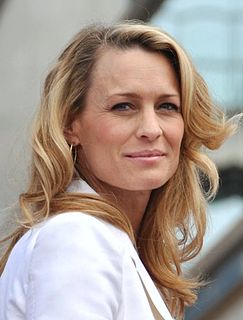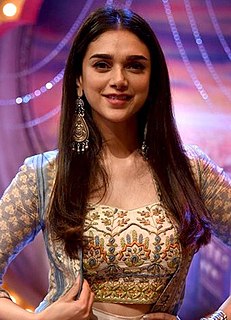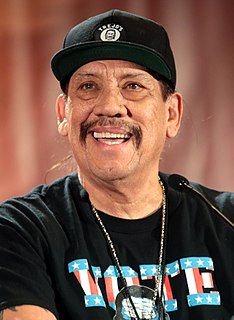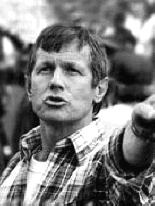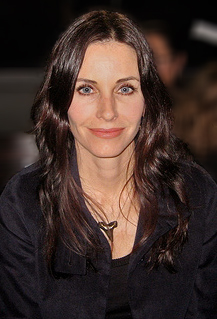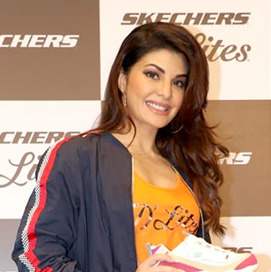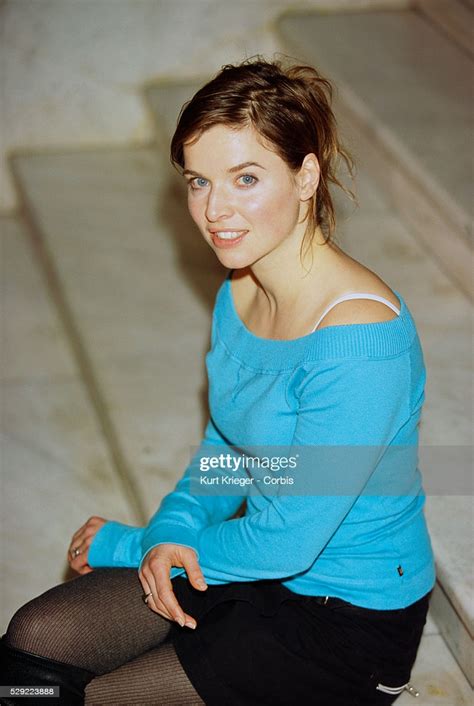A Quote by Robin Wright
As an actor, I had noticed very vividly that very few directors know how to direct actors because they haven't done it.
Related Quotes
When I first started out, it was very, very difficult to even get in the room with directors or casting directors because they would see that I hadn't been to drama school and wouldn't want to see me. Now, I feel like it's changing. We have this new generation of a lot of writers, directors and actors who are just breaking through, and they're doing it for the passion.
In personal conversations between director and actor, the male directors that I've worked with are just as emotional. Maybe it's because I had to start having very intimate conversations with adult men at a very young age in order to get the work, but I'm really comfortable with dudes. I mean, we push boundaries in this business in terms of getting to know people.
I think it's very valuable as an actor to throw yourself back into having that direct connection with an audience on-stage and work that muscle. It is a very different type of work and equally fascinating. I mean, I've very much in love with filmmaking because I really love the way you can tell stories with a camera and how music and everything contributes to the story in a very direct way. But I also think it's very valuable to come back to theatre, so if the right script came along I would love to come back to London and do some more.
